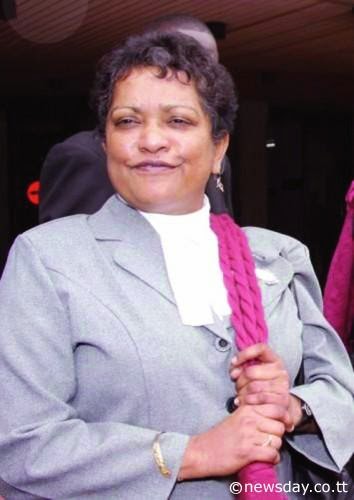Is Crop Over … Over? Are we Beating a Dead Horse?
We present and encourage progressive Caribbean views of Caribbean and world affairs.
Is Crop Over … Over? Are we Beating a Dead Horse?
by Pachamama
 |
| Crop Over Barbados Festival |
More than 30 years ago Barbados sought to resurrect what we called Crop Over. It was argued then that such a festival would be good for tourism, the promotion of local cultural expressions, an aid for young people to learn local culture etc. These are all worthy, but limiting, aspirations. However, the festival has steadily been losing its essence, has been declining or failing to capture the imagination of the world. Indeed it appears that there is no more space for Crop Over to promote cultural development. This is not an exception, for cultural expression seems to have been generally arrested. It is an ‘arrested development’ where the established calypsonians, as the main force behind the festival, and who used to imbue a sense of cultural rivalry are withdrawing those energies. The replacements are not from that era and therefore represent a different interpretation of ethos. In this there is a certain monotony in the lyrics, rhythms and rhymes etc. This monotony maybe a function of inbreeding even when one recognizes cultural influences from elsewhere. The management has been beset, from nearly the beginning, with internal tensions that were never helpful for development.
Our anecdotal judgments may indeed be proved incorrect by facts on the ground, all types of studies and the general feelings of the people. But some of us no longer feel the urge to be in Barbados at Crop Over time. It no longer matters that 8 or 9 or 10 festivals could be missed in a row. The past excitement of Crop Over is no longer infectious. We have seen festivals in Brazil a few times, Trinidad a dozens of times, Saint Lucia, Saint Vincent etc and this general lethargy maybe merely a generational thing where the current group of young people find these public demonstrations of fun and frolic as irresistible as we did 30 years ago. But we tend to think not.
When we hear ‘modern’ musical offerings we tend not to perceive any greater genius or further development than we gleamed from ‘Jack’ or ‘Boots” by the Mighty Gabby. The well of nationhood seemed to have been filled by Red Plastic Bag’s ‘Sugar Made Us Free” and John King’s ‘Captain the Ship is Sinking’. Maybe there is a gap between the requirements for everyday life and the inspirational intent of our public poets. Maybe the commercialization of the music business has encourage market demands above all else. Maybe the breath of fire from our griols has been outted by the passage of time. Maybe the longitudinal studies will show that festivals ebb and flow even if at this historical moment we see stasis.
Now, there are those of the ‘older’ generation that tend to recoil from what they see as ‘noise’ not real music. This lobby argues that there are too many parties. That even cricket is a part of the national partying mentality. That Barbados is a party country. To some extent they are right. Partying has long been employed, from the Romans to the Americans, as a device to distract from the real problems citizens have, though this lobby is unlikely to be inspired by the need for transformation in Barbados, some of that could be involved here too, but what maybe to lacking maybe a more substantial national project that the thousands who frolic in the streets could be part of, on a day to day basis. There could be a national project that consumes the energies of our people in material terms making Crop Over an expression of that wider national project. Maybe, we need to ask more questions about the purposes of this festival. Is it possible to use it as a tool for development? If we are to have a master plan for development, to what should it be linked? Should it be merely linked to in increased tourist arrivals? Should we think fundamentally and link this festival to its African origins with all that that means? If we do, would there be room for political, economic, social, technological, environmental and legal development that surpasses the limitations of Barbados as a function of time and space?



Comments